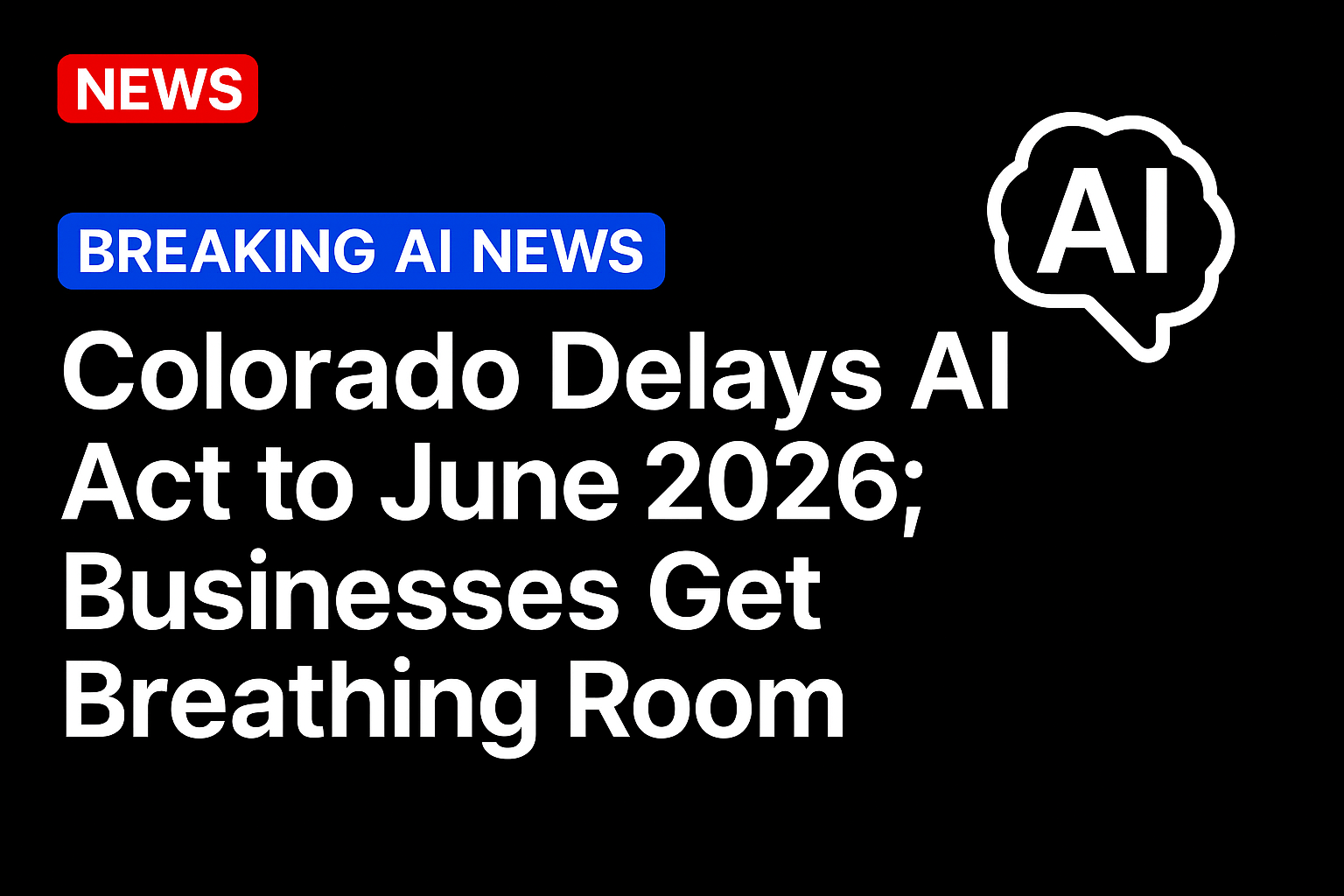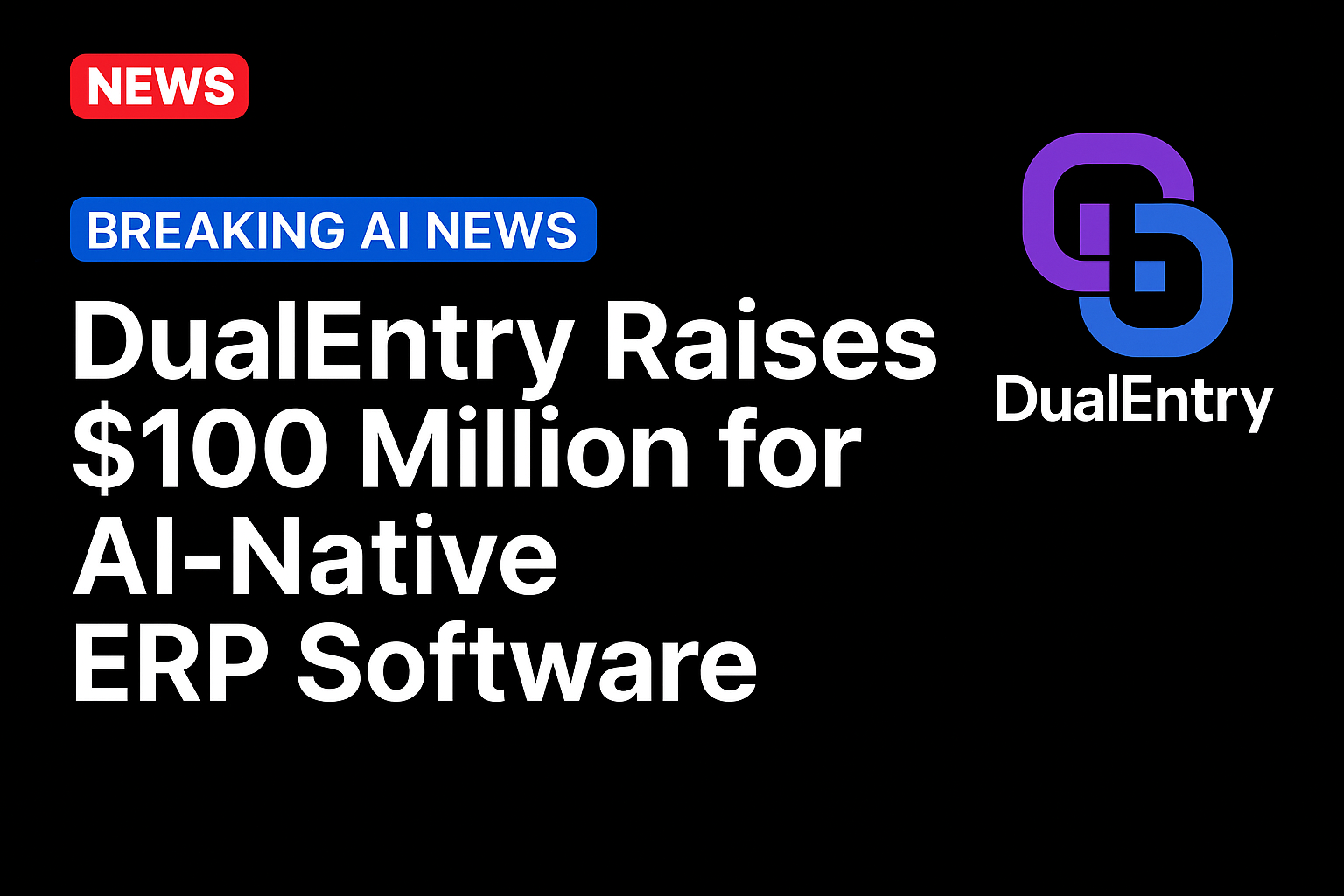
Colorado has postponed implementation of its Artificial Intelligence Act (SB 24-205) to June 30, 2026, after Gov. Jared Polis signed an amendment (SB25B-004) on Aug. 28 following negotiations in a special legislative session.
The five-month extension gives lawmakers more time to consider changes during the 2026 regular session, though similar efforts since the law’s passage in May 2024 have repeatedly stalled. Even with the new deadline, the timeline remains tight: Colorado’s session is scheduled to adjourn in May 2026, which would leave only weeks for the attorney general to issue rules and for employers to adapt compliance programs unless another delay is approved.
The Colorado AI Act is the first broad U.S. law regulating “high-risk” AI systems used in consequential decisions, from hiring and housing to lending, healthcare and education. It requires developers to disclose training data summaries, known risks and usage instructions, while employers and other deployers must adopt risk-management programs, conduct annual impact assessments and notify consumers when AI plays a role in significant decisions. The statute also creates appeal rights for individuals affected by AI-based outcomes, and violations may be pursued as unfair or deceptive trade practices, according to KPMG.
For businesses, the delay provides a narrow but valuable window to prepare. Analysts caution that documentation, auditing and monitoring obligations could impose significant operational costs. A study by the Common Sense Institute estimated that even a 1% increase in production costs tied to compliance could ripple across industries such as financial services, healthcare, housing and insurance. For FinTechs that build AI-enabled HR or credit-decisioning tools, the law is both a hurdle and an opportunity to differentiate products by meeting Colorado’s higher bar.
Colorado’s framework is being closely monitored nationally as other states, including California, New York and Illinois, weigh similar legislation. At the federal level, the Federal Trade Commission has signaled that it will examine how companies’ market and deploy AI, focusing on misleading claims and practices that could harm consumers or distort competition and the Equal Employment Opportunity Commission has signaled growing oversight of AI in employment.
The delay reflects broader uncertainty around AI regulation, as companies weigh compliance strategies against shifting legislative timelines. Still, as PYMNTS has reported, the direction is clear: Businesses will be held accountable for how their AI systems affect workers and consumers. The question for companies is not whether compliance obligations will arrive, but how quickly they will need to adapt, and which firms can turn early readiness into a competitive advantage.
Source: https://www.pymnts.com/




